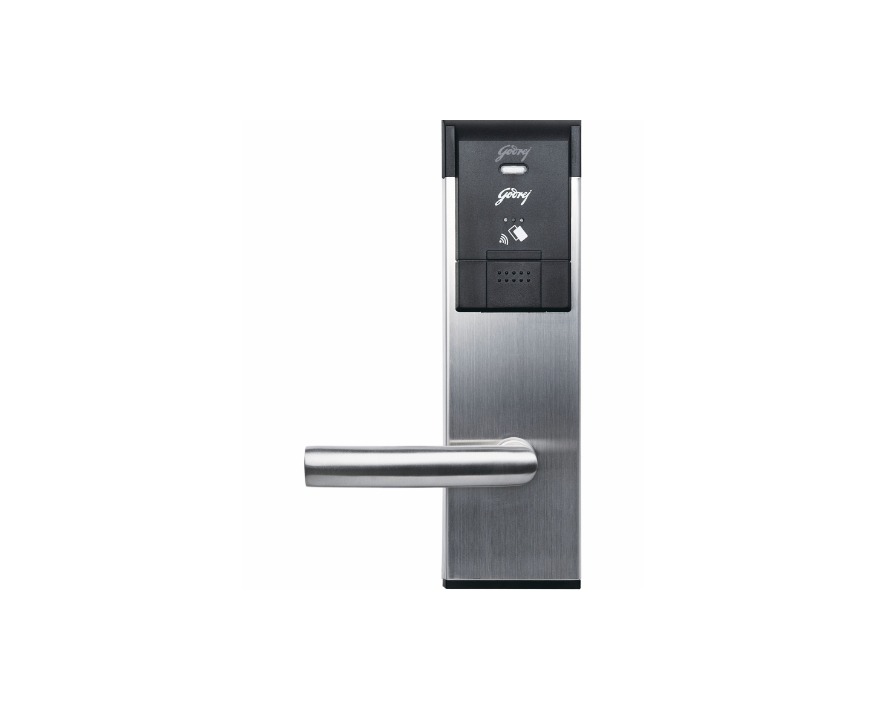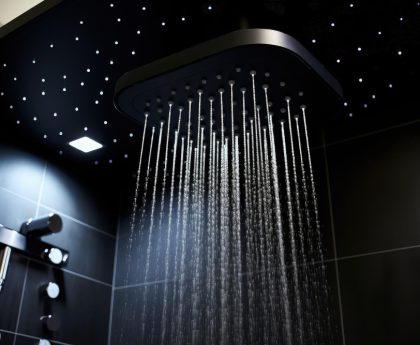Smart homes are rising in numbers as technology advances, offering homeowners enhanced convenience, security, and energy efficiency. Among all the smart devices elevating the concert of smart homes, RFID locks are a futuristic solution for modernising home security and access control. They offer myriad benefits, embody the definition of the modern-day lock used to enforce the highest security standards and rank highly in aesthetic sense and appeal.
This article delves into the role of RFID locks in smart homes, exploring their benefits, potential applications, and future impact on home automation.
1. Enhanced Security: RFID locks offer a high level of security, surpassing traditional mechanical locks. These locks use radio frequency identification technology to provide secure access control, thwarting unauthorised entry attempts. Unlike keys, it is hard to duplicate RFID cards or fobs, enhancing protection for double doors and other entry points in the home. These locks offer significant advantages in securing property, especially for rental properties or Airbnb accommodations. The ability to remotely monitor door activity ensures better oversight of property access, enhancing security and peace of mind for owners and occupants.
2. Convenient Access: One critical advantage of RFID locks is their convenience. Homeowners can unlock with a simple swipe or tap of an RFID card or fob, eliminating the need for physical keys. This streamlined access process is especially beneficial for individuals with busy lifestyles, allowing for quick and hassle-free entry into the home.
3. Seamless Integration with Smart Home Systems: RFID locks seamlessly integrate with smart home systems, enabling homeowners to manage access control remotely. Through smartphone apps or central control panels, users can grant or revoke access privileges, monitor entry logs, and receive real-time notifications of door activity. This level of connectivity enhances overall home security and allows for greater flexibility in access management.
4. Customised Access Permissions: With RFID locks, homeowners can set custom access permissions for family members, guests, and service providers. Each RFID card or fob can be programmed with specific access rights, dictating when and where individuals can enter the home. This granular control ensures that only authorised individuals get entry, enhancing security and privacy.
5. Potential Applications in Home Automation: RFID locks look good for broader applications within home automation. As part of an interconnected ecosystem of smart devices, RFID locks can communicate with other systems, such as security cameras, lighting, and thermostats. Unlocking the front door with an RFID card could trigger the lights to turn on and adjust the temperature settings, enhancing comfort and energy efficiency.
6. Biometric Integration for Dual Authentication: To further strengthen security, RFID locks can integrate with biometric technology, such as fingerprint or retina scans. This dual authentication method adds an extra layer of protection by combining something the user possesses (RFID card or fob) with a unique biological characteristic, making unauthorised access even more challenging.
7. Sustainable Living: Beyond security and convenience, RFID locks contribute to sustainable living practices within smart homes. RFID locks reduce plastic waste and environmental impact by eliminating the need for traditional keys, which often require frequent replacements due to loss or wear. Additionally, integrating RFID technology with energy-efficient systems, such as smart thermostats and lighting controls, supports eco-friendly initiatives by optimising resource consumption and minimising energy wastage, ultimately leading to a greener and more sustainable living environment.
Conclusion
RFID locks, just like keypad locks and digital locks for double doors, are poised to play an essential role in the future of smart homes, offering enhanced security, convenience, and integration capabilities. As technology advances, these futuristic locks will become increasingly prevalent, reshaping how we secure and access our living spaces.
With their seamless integration with smart home systems and customisable access permissions, RFID locks look set to revolutionise digital security for double doors and beyond, providing homeowners with peace of mind and unparalleled control over their home environment.





